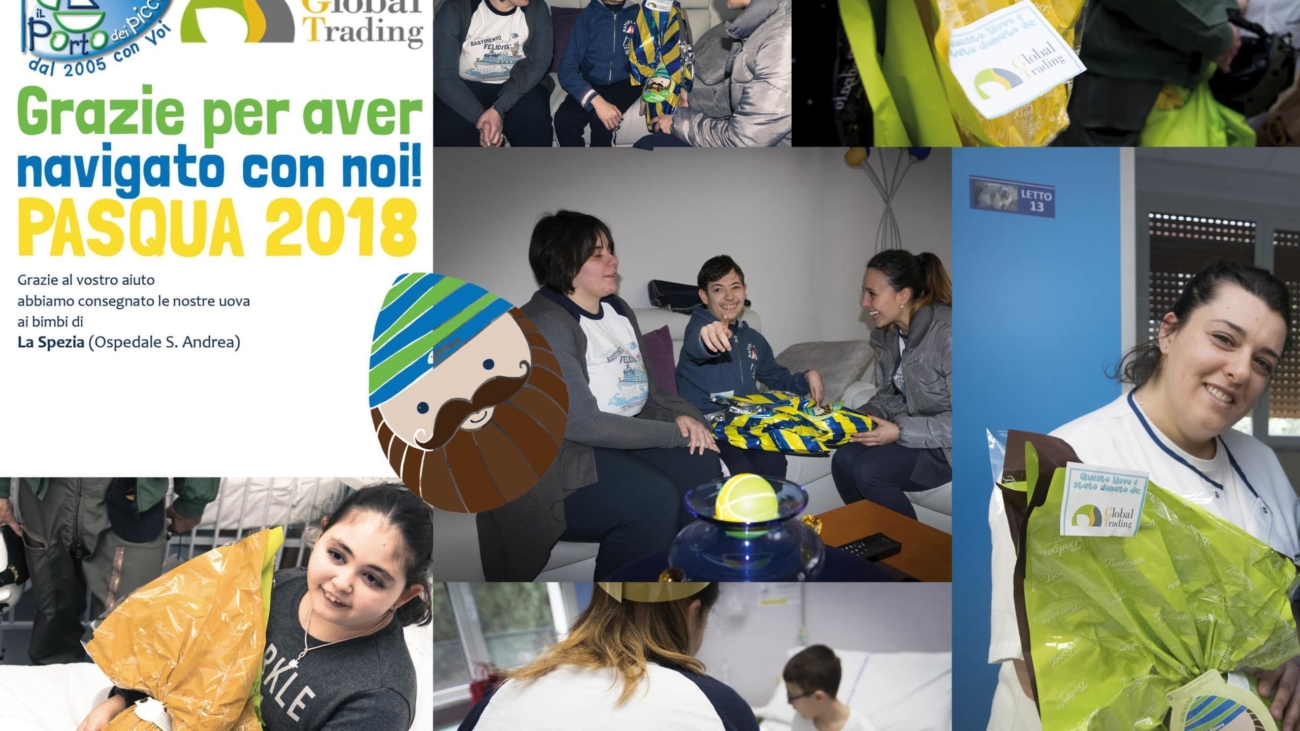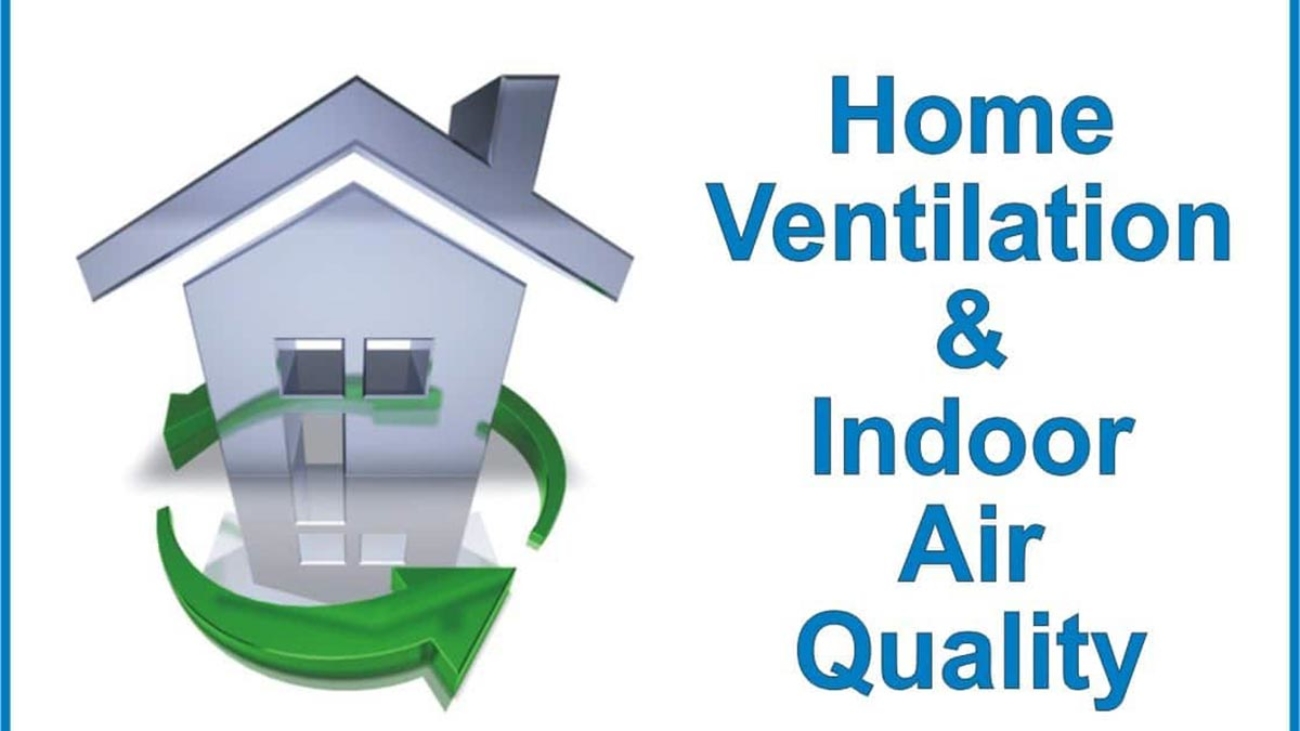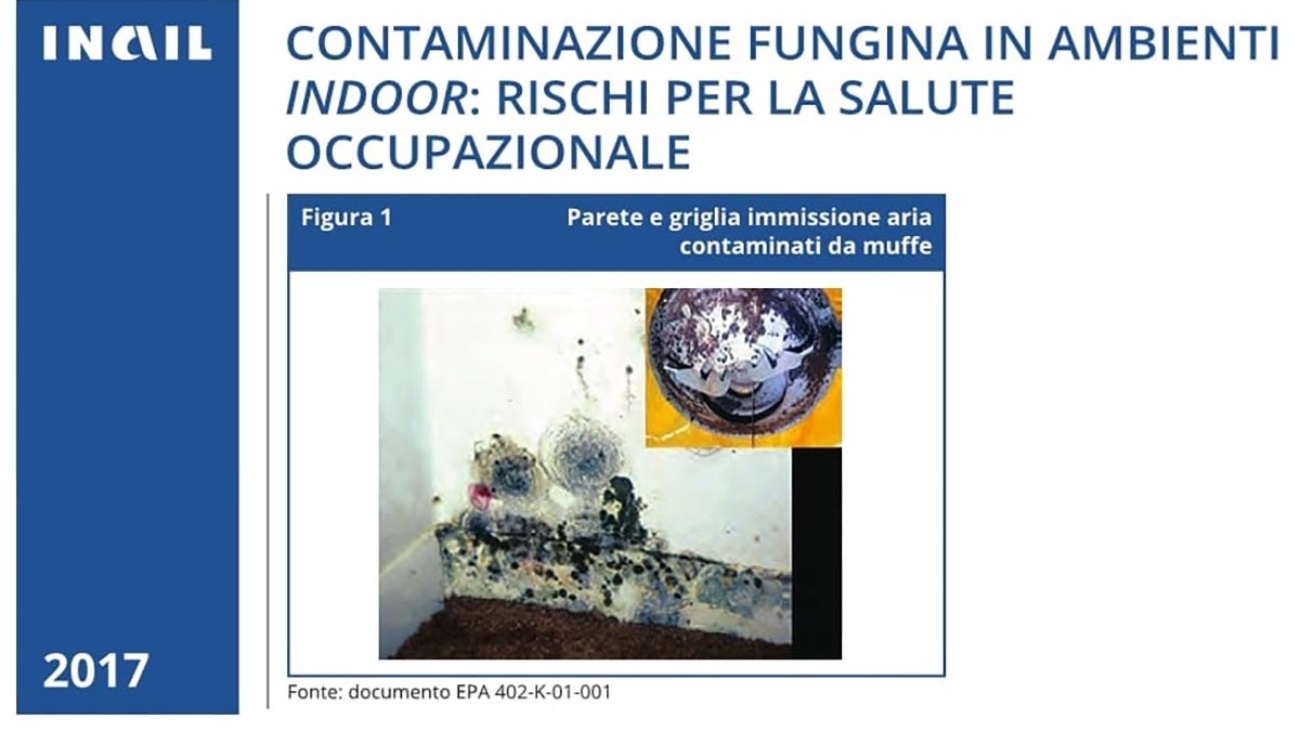Bacteria, spores, viruses, fungus, moulds, parasites and other micro-organisms are invisible to the naked eye, but normally present in the environments we live in; if the environmental conditions are favourable, the uncontrolled proliferation of some of these can lead to a number of problems for human health. For these reasons, it is necessary to implement maintenance/prevention programmes in order to ensure decontamination and compliance with the hygiene conditions required by the applicable legislation.
This knowledge led us to adopt and implement wide-ranging, up-to-date and effective treatment systems, even before the onset of the current pandemic.
In Italy, all companies can currently take advantage of the tax credits provided for in Italian Decree Law no.18 of 17 March 2020, known as “Cura Italia”, to carry out sanitisation activities.
Tax credits are available for FY 2020 in an amount equal to 50% of the total spent, up to a maximum of € 20,000 until the total € 50 million set aside for the current year has been used up.
Sanitisation is a mandatory requirement of the “Shared protocol regulating measures for fighting and containing the spread of the COVID-19 virus in work environments”.
The most important obligations include: “Companies shall ensure daily cleaning and regular sanitisation of rooms, environments, workstations (including keyboards, touchscreens, computer mice), shared/break areas and snack/drink vending machines”.
A duty, therefore, for all companies able to remain open after the further limitations imposed by decree on the evening of 21 March 2020, but in any case also an opportunity to get ahead of the curve for all companies which for the moment must remain closed, but will soon (we hope not too far in the future) find themselves resuming their activities with the same issues.
Our protocols involve the use of various technologies, from ozone gas to the latest high-level disinfectants (based on potassium peroxymonosulfate), with the common denominator being the implementation of zero-impact treatments: a sanitised environment, while respecting the microclimate and without side effects. These systems have also been proven to be effective against Sars–Cov 2 and are strongly recommended by both the Italian Ministry of Health and the WHO. Moreover, as previously mentioned, as they are tools with a broad spectrum of action, they have also been proven to be effective against bacteria, spores, fungus, moulds, parasites and other viruses.
The dramatic nature of the current emergency is unfortunately also teaching us that we cannot put off preventive actions, whatever form they take.
It is a step that we are required to carry out to protect the health of everyone and the progress of society.
For further information, contact us via the Contact Us section of our website, by writing to [email protected], or by calling +39 0187 997592
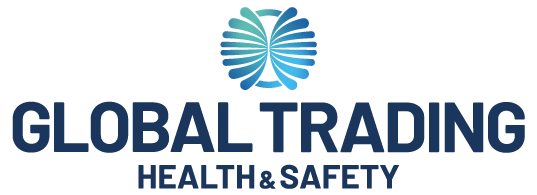
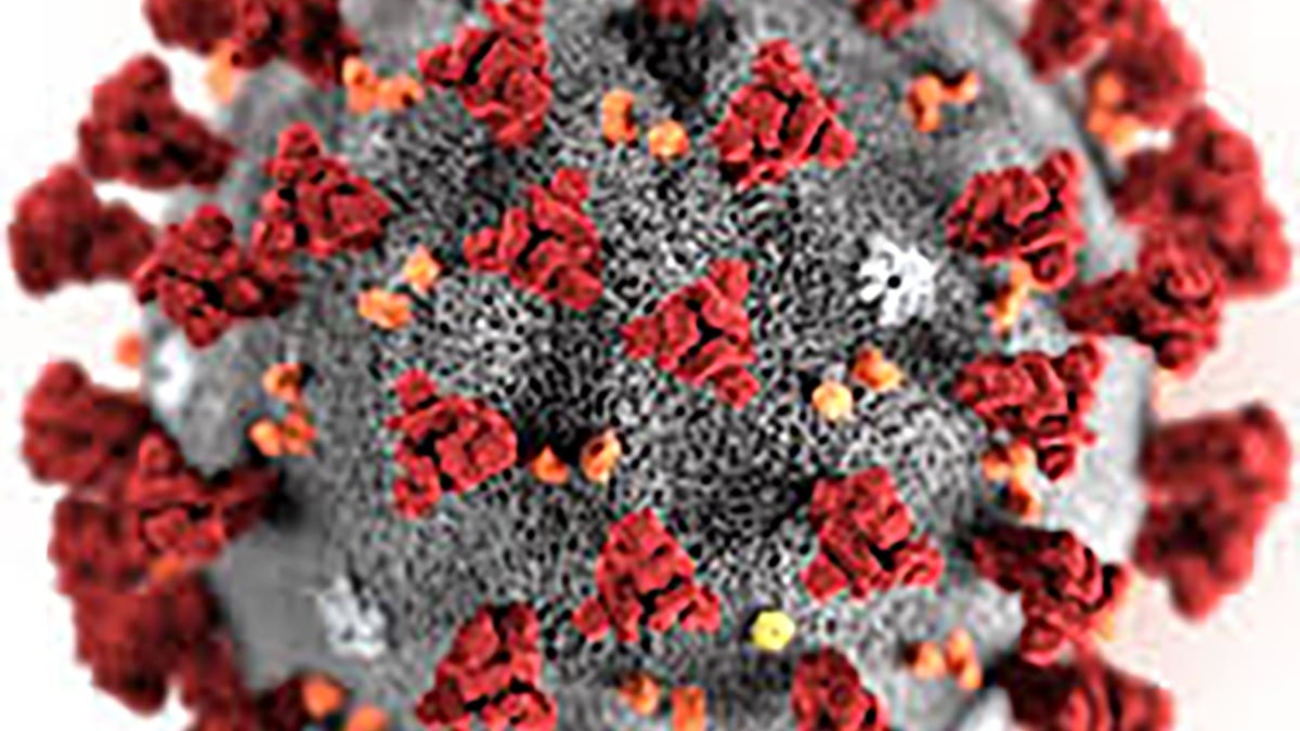


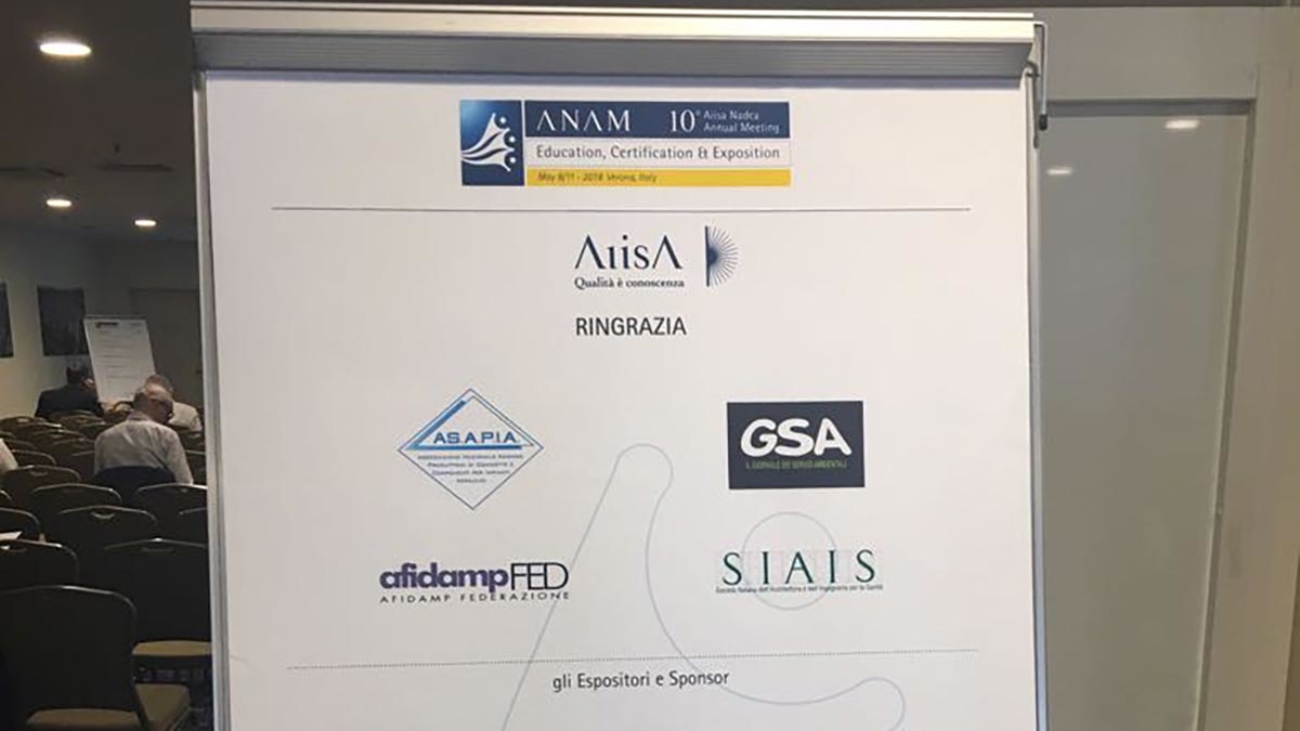
 11 May 2018
11 May 2018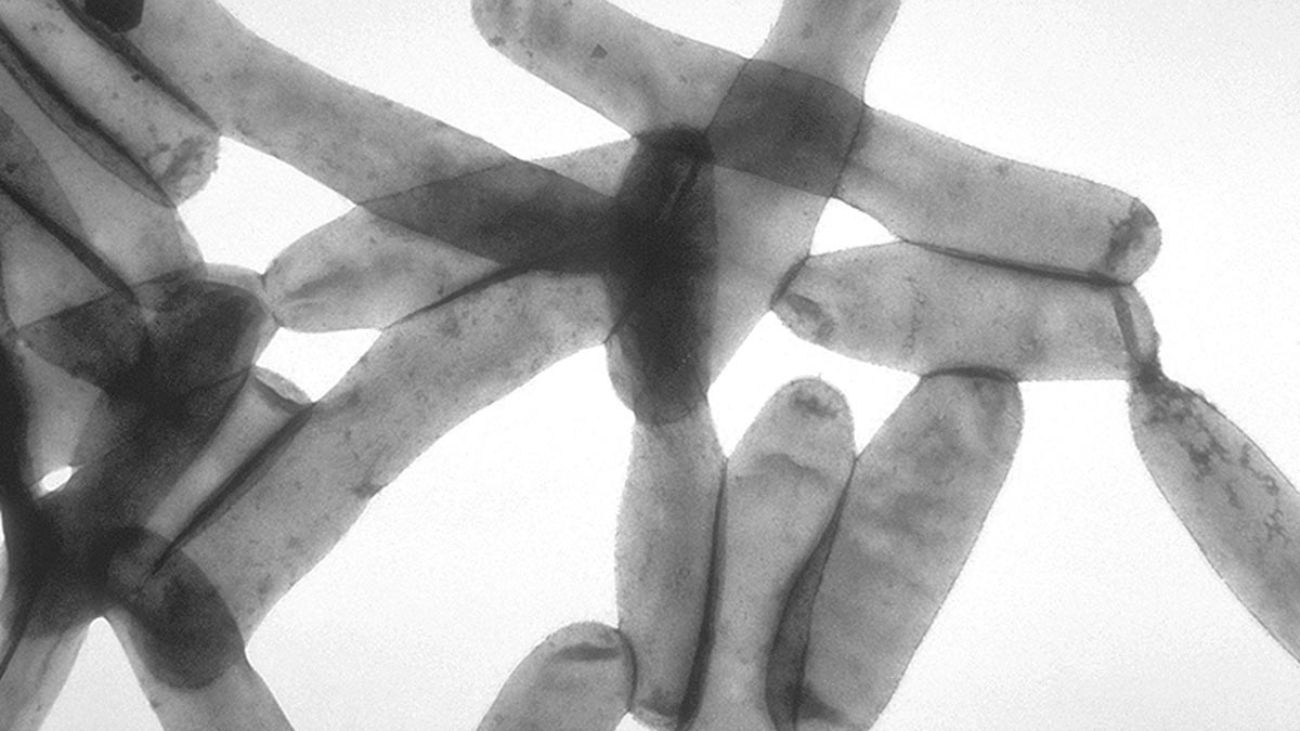
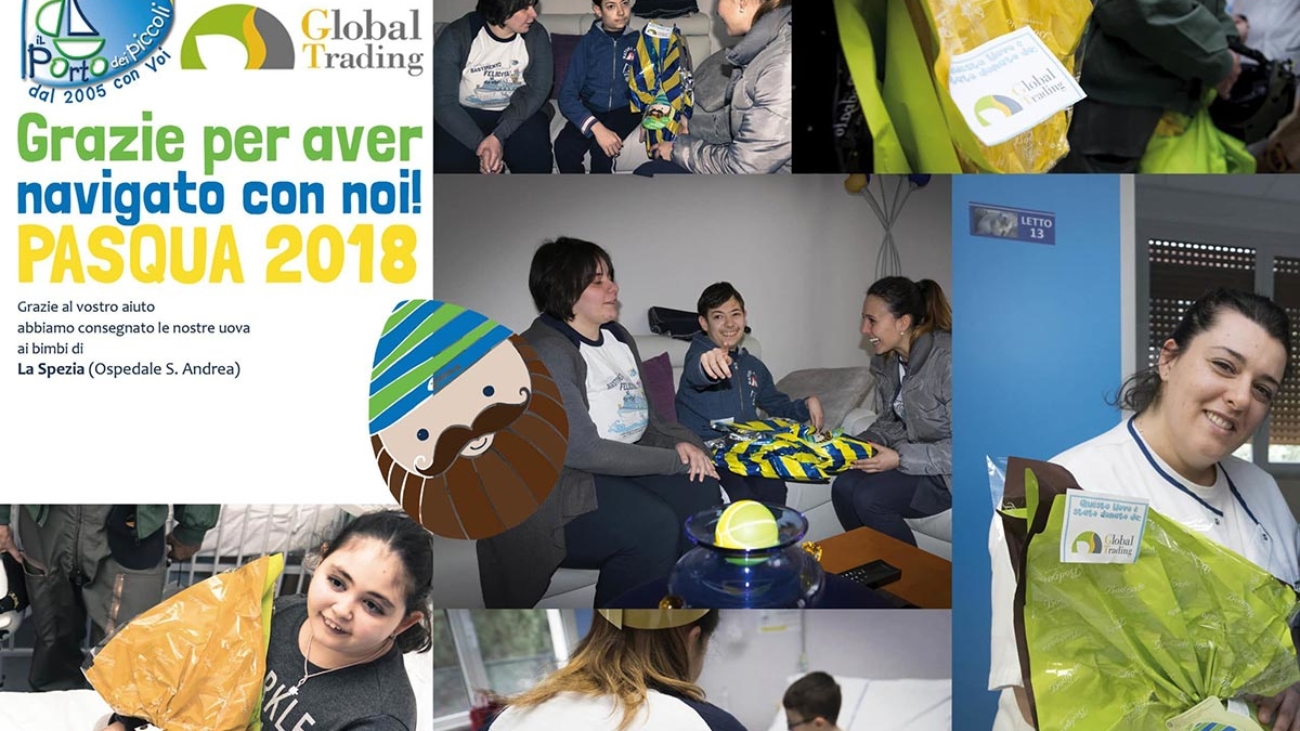
 Little gestures that create smiles!
Little gestures that create smiles!